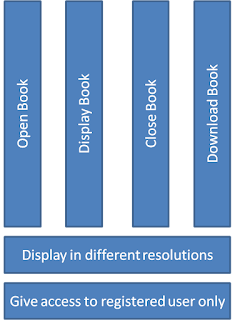97 Things Every Software Architect Should Know
Monson-Haefel, R. (2009). 97 Things Every Software Architect Should Know . Sebastopol, CA: O'Reilly Media Inc. http://www.amazon.com/Things-Every-Software-Architect-Should/dp/059652269X Introduction "97 Things Every Software Architect Should Know" is an anthology of advice from industry experts prescribing through their individual experiences, what a software architect should be like. Compiled by Richard Monson-Haefel, this collection of articles elucidates the role of a software architect within the context of a business. Valuable Insights Although the compendium has a number of articles which I find helpful while being slightly disputed with some, I find the following three "things" the most valuable. Architectural Tradeoffs [Thing #22 | Mark Richards] A software architect must always be aware of the trade-offs that exist in every quality goal that she attempts to achieve. She must understand and communicate effectively the impact of ac...
